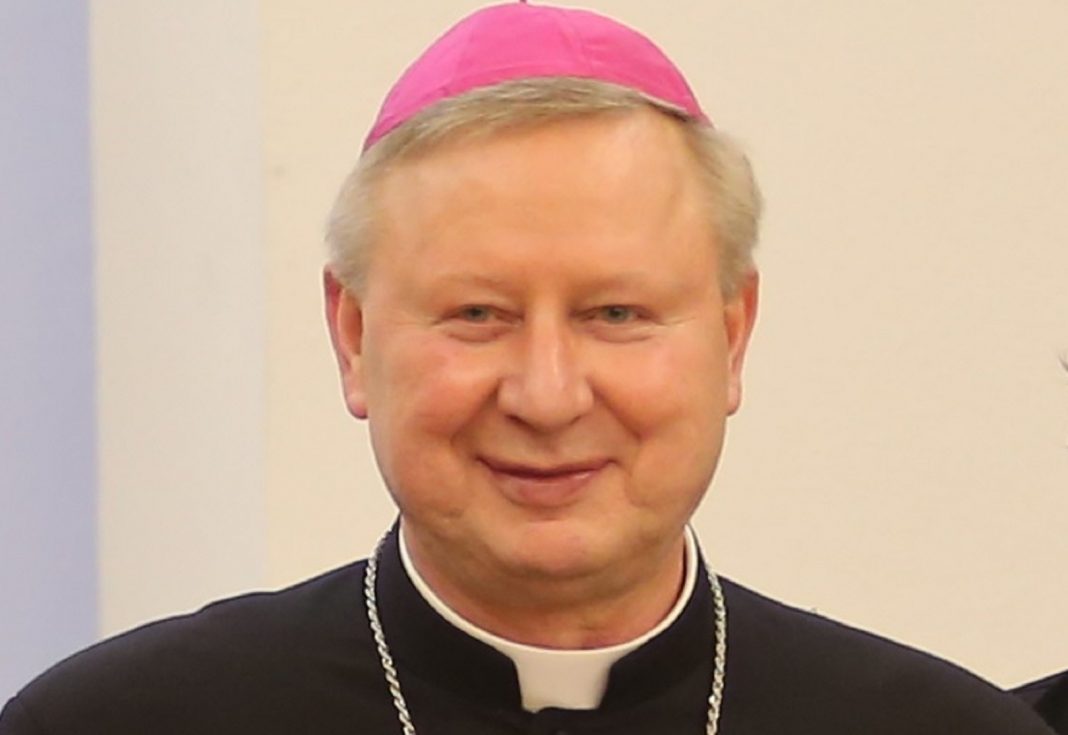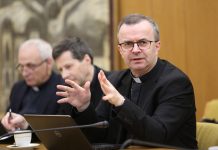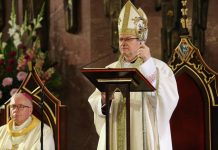By accepting God’s mercy, we become more able to give ourselves, to help those in need – wrote Bishop Wiesław Szlachetka, chairman of the Charity Committee of the Polish Bishops’ Conference, in the Word for Mercy Sunday, which falls on the 2nd Easter Sunday.
Bishop Szlachetka recalled that the Feast of Divine Mercy was established by St. John Paul II on 30 April 2000, the day of the canonization of Sister Faustina Kowalska. This feast day is also the patron feast day of Caritas and marks the beginning of Mercy Week: “a time in which we are invited to read more carefully the needs of the poorest and those who are calling for help,” we read in the Word.
This year, the 77th Week of Mercy will be celebrated under the catchphrase: “We are called to mercy.” Bishop Szlachetka noted that it coincides with the time in which, for over a year now, we have been struggling with the difficulties resulting from isolation. “It’s hard to accept with tenderness the weakness that is overwhelming us! We are affected by loneliness, fear, suffering, depression, and death. The young and the elderly feel it even more. It might seem nothing better could happen to us than returning to things as they were before. However, Christ invites us to advance and so be able to see what is good, too,” he wrote.
Bishop Szlachetka recalled that, this year, we are celebrating the 30th anniversary of Caritas operations in Poland. “We look with hope at what we have managed to do, especially in times of darkness, difficult and often hopeless times,” he wrote, referring to the campaigns “Help for the Elderly” or “Grateful to Medics.”
“It might seem that, at such an uncertain time, many people will only try to secure their future and their personal interests. Yet, we can see that this difficult situation has released in us a great deal of solidarity and understanding!” emphasized Bishop Szlachetka. He added that the stream of help and kindness translated, as part of the “Family to Family” program, into aid for Venezuela, Beirut, and Croatia, as well as for Syria, affected by the war. “Abundant help comes from human hearts because having the experience of community and the perspective of eternal life, we can overcome our own fears and weaknesses,” emphasized Bishop Szlachetka.
Press Office of the Polish Bishops’ Conference

 English
English







